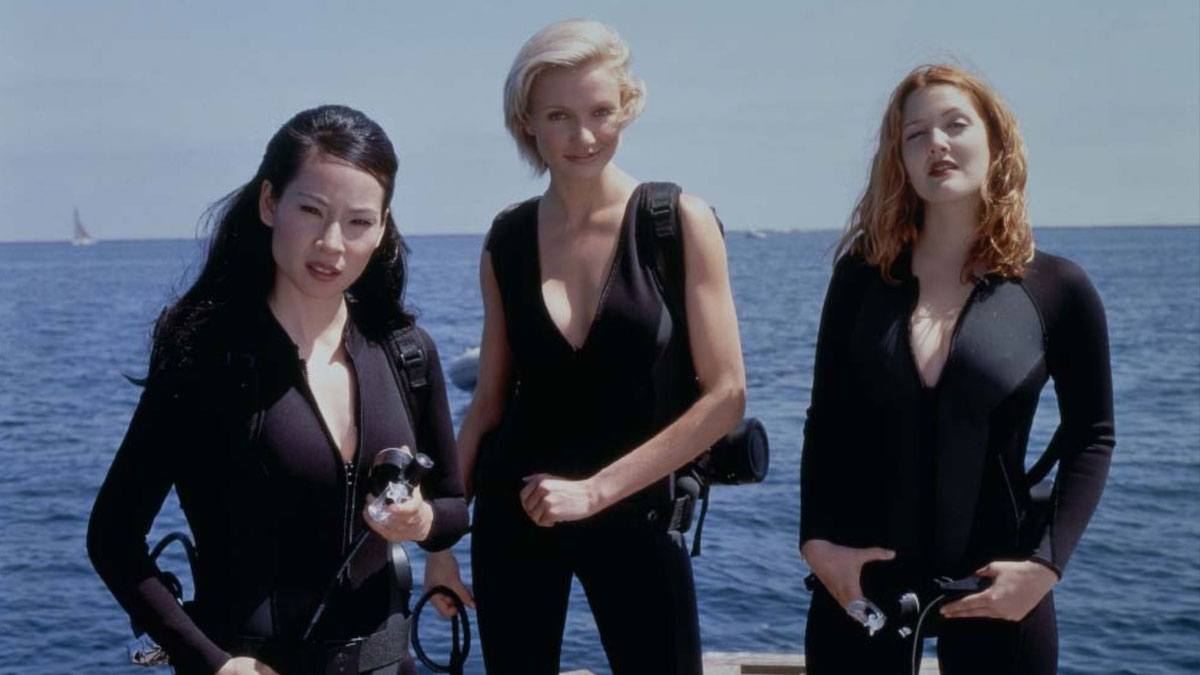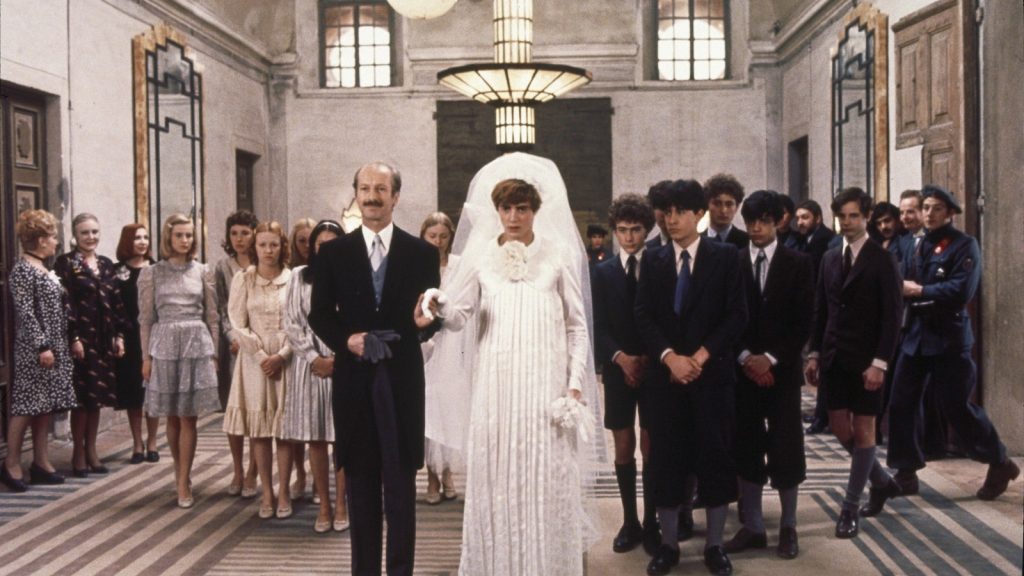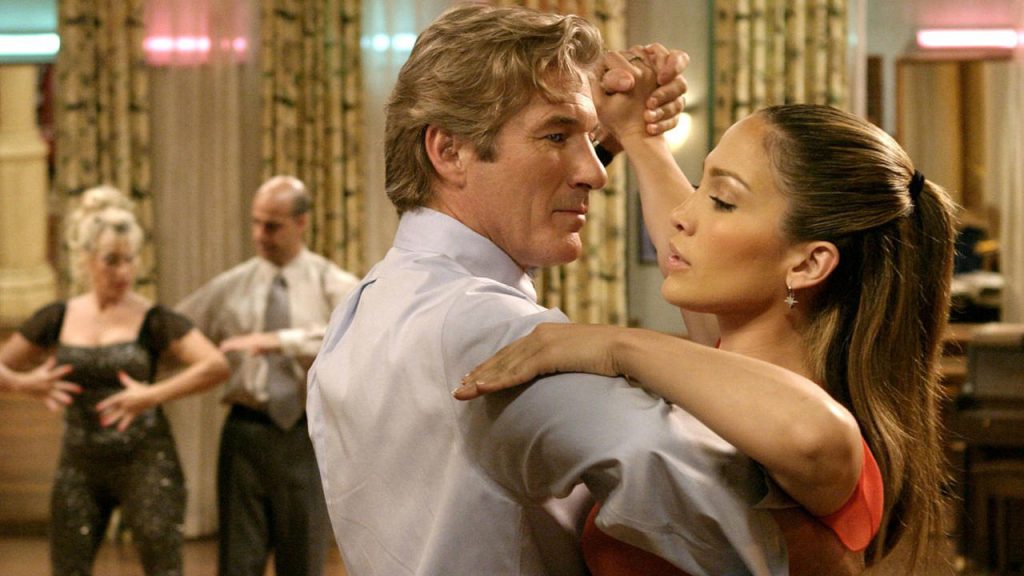The relationship between television and movies used to be a tenuous one, with the emergence of the former medium initially seen as a threat to the latter. When the two eventually reached a point of coexistence, cross-pollination began, resulting in successful shows adapted from major motion pictures. By the mid-‘80s, the door started to swing the other way, with classic television shows remade as big-budget movies. This was different than the already established theatrical movie version of a show made during its original run—a perfect example is 1954’s Dragnet, a straightforward translation of the show (which debuted in 1951) and featuring the series’ stars, and 1987’s Dragnet, a remake of the show starring Dan Aykroyd and Tom Hanks. That latter film took a winking, lovingly satiric approach to the material, using then-modern values and tropes to comment on a series from 36 years prior. Intentionally or inadvertently, the movie kicked off a number of films that similarly exploited classic television programs (the majority of which were viewed as products of their time) to comment on and explore their themes in a more modern setting. This trend best explains the existence of 2000’s Charlie’s Angels, a movie that adapts the 1976 TV series into a flashy, bawdy blockbuster, one that intriguingly satirizes its source material as well as itself, yet also remains earnest in its premise and its female empowerment message.
Most of these shows-turned-movies explored and critiqued (if not satirized) each show’s central premise, in part to better acknowledge the difference in values in the gap of time between the series and the film. It’s no surprise, then, that the bulk of these movies were comedies, allowing such critique to not be jarring: The Addams Family (1991) is a poke at the rise of ‘80s conservatism as well as a celebration of counter-culture, The Flintstones (1994) is a story about the evergreen nature of corporate greed and crime, and The Brady Bunch Movie (1995) contrasts ‘60s hippie optimism with ‘90s financial realities. Even the more serious-minded adaptations challenge the less complicated premises of their source series, with films like Lost In Space (1998) and Mission: Impossible (1996) turning each show’s hero characters into antagonists (and in the latter’s case, an outright villain).
The “Charlie’s Angels” TV series holds a dubious place in pop culture, making its movie adaptation one that couldn’t move to the big screen without revamping. Ostensibly a drama series involving an elite group of female spies, the show was created exclusively by men, and gained a reputation for being mere cheesecake—star Farrah Fawcett was a massively popular pin-up girl at the time, and critics of the show like NBC executive Paul Klein dismissed the ABC program as “jiggle television.” However, it gained a loyal female following (in addition to the expected male attention), and ran for five seasons as a result. By the late ‘90s, the show looked like ‘70s kitsch, particularly in a pop culture landscape saturated in patriarchal aggression—the rise of Nu-Metal, Surge soda, the X Games, and kung-fu-influenced action films all happened around the same time. Yet there also existed a wave of feminism based around women owning their worth and sexuality: the Spice Girls and Destiny’s Child were major hitmakers, Oprah Winfrey had built a media empire, and the arrival of female action stars like Michelle Yeoh in Hollywood proved women could carry an action film.

Charlie’s Angels is a fusion of these elements, a “have its (cheese)cake and eat it too” film that is knowingly frivolous when it comes to plot and suspension of disbelief, but respectful when dealing with Angel trio Natalie (Cameron Diaz), Alex (Lucy Liu) and Dylan (Drew Barrymore). Director McG (is there anything more 2000s than a filmmaker insisting on being called “McG”?) works in an eager-to-please, broad demographic fashion that comes off like Michael Bay’s more happy-go-lucky cousin—speed-ramping hero shots, musical/dance numbers, screwball comedy, giant explosions, tons of eye candy and wire work action sequences (heavily inspired by Yuen Woo-Ping’s choreography of The Matrix and Iron Monkey) are just some of the ingredients. The film also has famously studio product-averse personalities like Tom Green, Bill Murray, and Crispin Glover, all of whom do work that seems that much more idiosyncratic in a package that looks and feels like a feature-length trailer reel. There’s so much stuff in Charlie’s Angels that it’s easy to forget Tim Curry has a major role and that a post-Galaxy Quest Sam Rockwell is the bad guy. Even with an ebullient, music-video pace and tone, that’s a lot for an audience to buy.
The secret to why it works lies at the heart of the movie’s plot: Rockwell plays software wunderkind Eric Knox, a man whom the Angels are initially hired to save after he’s been kidnapped. It turns out that the kidnapping was a ruse for Knox and his cohort to capture a satellite network in order to find and kill the mysterious millionaire behind the Angels organization: Charlie. Crucially, Charlie is played in the film by the voice of John Forsythe, the only cast member from the original series to carry over. Writers Ryan Rowe, Ed Solomon, and John August give Knox narrative reasons to hunt for Charlie (the unseen man allegedly killed Knox’s spy father), but the metatextual reason is more pronounced: Knox is incensed that anyone could anonymously run an organization of do-gooders that supports young women and their potential while allowing them to own their individual personalities and sexuality. He’s mad at Charlie and, by extension, the movie for simply having too much fun. In effect, he’s the killjoy that scoffs at the idea of a Charlie’s Angels movie, a preemptive self-critique that’s impressively subtle (less subtle is Knox’s misogyny, which Rockwell plays in ‘70s chauvinist hipster fashion). In response, the three Angels strut their stuff by wiping the floor with Knox’s henchmen before blowing up his helicopter while a Fatboy Slim track bangs away. Take that, buzzkill!

With that plot point, Charlie’s Angels becomes a celebration of the old series and its premise rather than a judgmental parody or gritty update. It achieves the balance of reverence and winking satire that prior TV shows turned movies attempted, but typically leaned to one side or the other. Thanks to its success, the movie kept the Angels franchise alive (spawning a direct sequel in 2003 and a reboot in 2019). It also pointed the way for other, even more unlikely film adaptations of dodgy TV shows, namely the pair of 21 Jump Street films from 2012 and 2014, movies that took the meta, fun-loving reins from Angels and ran.
Charlie’s Angels wants to be taken seriously by way of not taking itself seriously, and by throwing in everything and the kitchen sink, manages to be a lot of things to a lot of people. For a variety of reasons, my favorite scene is where Barrymore’s Dylan takes apart a group of henchmen while wearing a vintage E.T. t-shirt to the strains of Blur’s “Song 2”—an apt music choice, since that song was written as a grunge rock pastiche and ended up being a hit within that very genre. As Charlie’s Angels demonstrates, sometimes being openly stupid and silly is, in fact, very clever.



